An AEK ball on display at the Beyoğlusport Museum. (Photos: Wouter Massink)
Nowadays, one might easily walk past Beyoğluspor, hidden between student bars, hotels, and a hairdresser in the bustling Taksim area. However, behind its gate lies the oldest still existing sports club in Türkiye and the birthplace of two of Greece's biggest football clubs.
Founded in 1877 as Club Hermes by three educated elites from the local Greek community to "intellectually develop the inhabitants of the East." The association had its best years under the name "Pera Club", named after İstanbul's historic Pera district.
Alongside the 1896-established Tatavla Club, now Kurtuluş S.K, they were once the country's most distinguished sports clubs and carriers of Greek nationalism within the Ottoman Empire. However, despite their initial dominance in the early years of football in the Empire, the compulsory relocation of Greeks resulted in the near disappearance of these sports clubs as well.
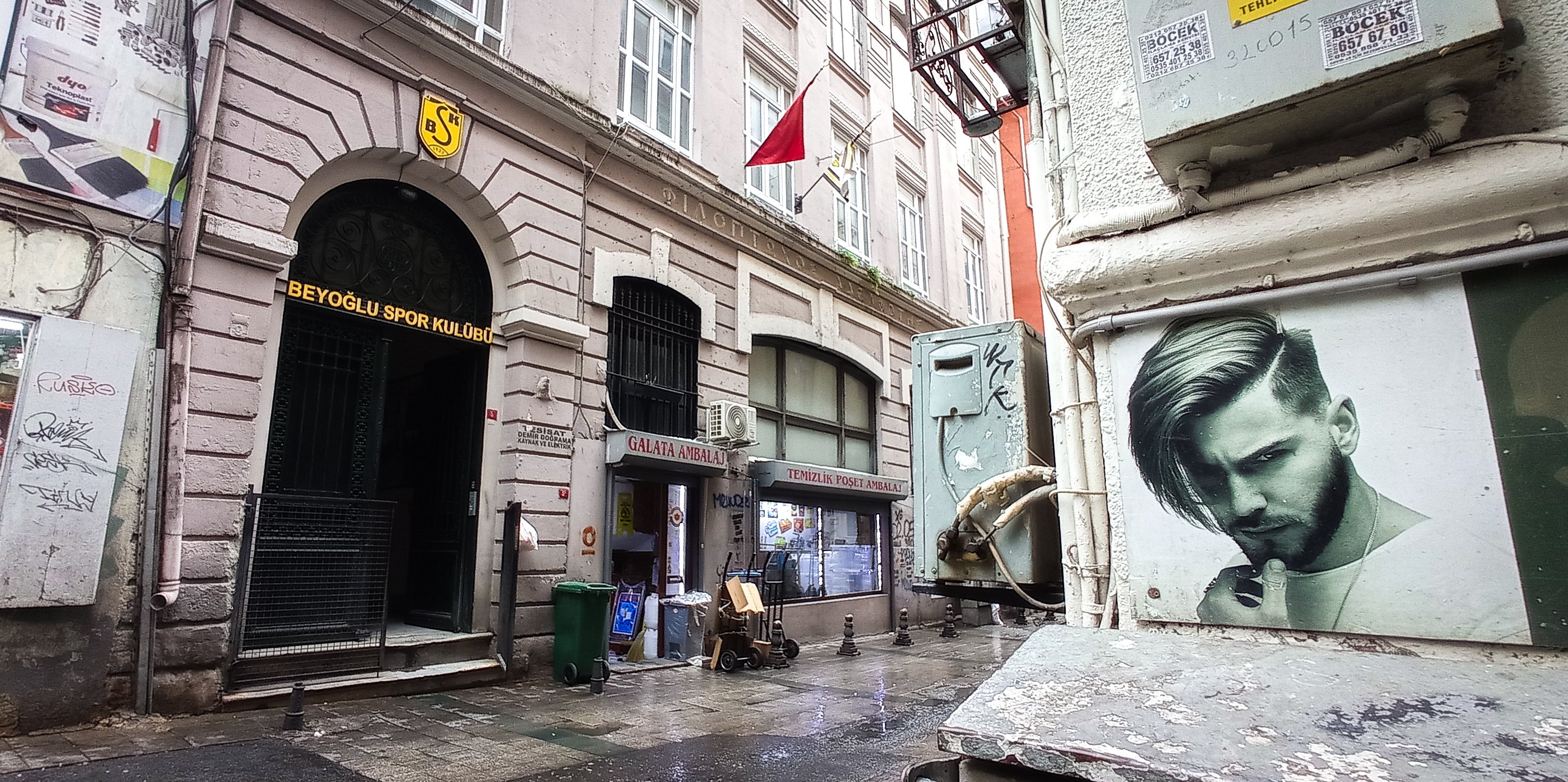
Venizelism
Towards the end of the 19th century, the Ottoman capital, Constantinople, called İstanbul after 1923, counted more than 300.000 Greeks, nearly 35% of the population. Actively involved in the intellectual and cultural life of the city, they founded many cultural societies, fraternities, and sports clubs in the twilight years of the Empire.
These associations were highly influenced by the nationalist irredentist Venizelist movement, named after the popular Greek Statesman at the time. The doctrine's goal was to unify the different culturally and linguistically Greek communities into a common Hellenic national identity. Greek sports clubs, such as Pera and Tatavla, were deemed ideal carriers of this ideology as they were 'culturally connected' to 'ancient Greek civilization' and the legacy of the Olympic games, reintroduced in 1896 in Athens.
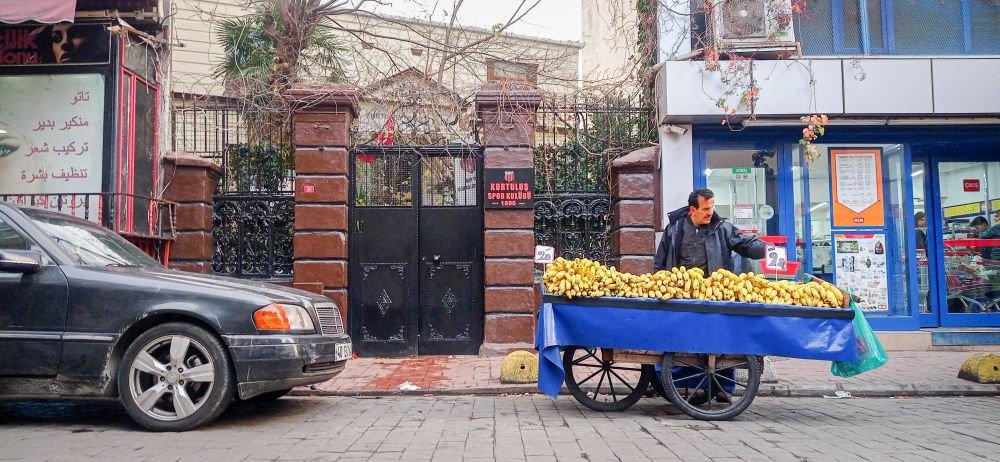
The Karbala incident
As sports clubs proliferated throughout the Empire, the British in 1890 brought the game of football to the shores of Smyrna, nowadays İzmir. At the time, a prominent hub of Greek culture, finance, and arts, the game swiftly gained traction among urban non-Muslim communities, while it took some time for it to be embraced by the local Muslim population.
The new sport was rejected on religious and cultural pretexts and regarded as a symbol of invasive Western culture. Conservative Ottomans deemed the wearing of shorts by football players as a violation of Islamic dress codes and rules. Moreover, the game symbolically resembled the Karbala incident, which occurred in 680 when Hossein, the grandson of Prophet Mohammed, was allegedly decapitated and his head kicked around by his executioners.
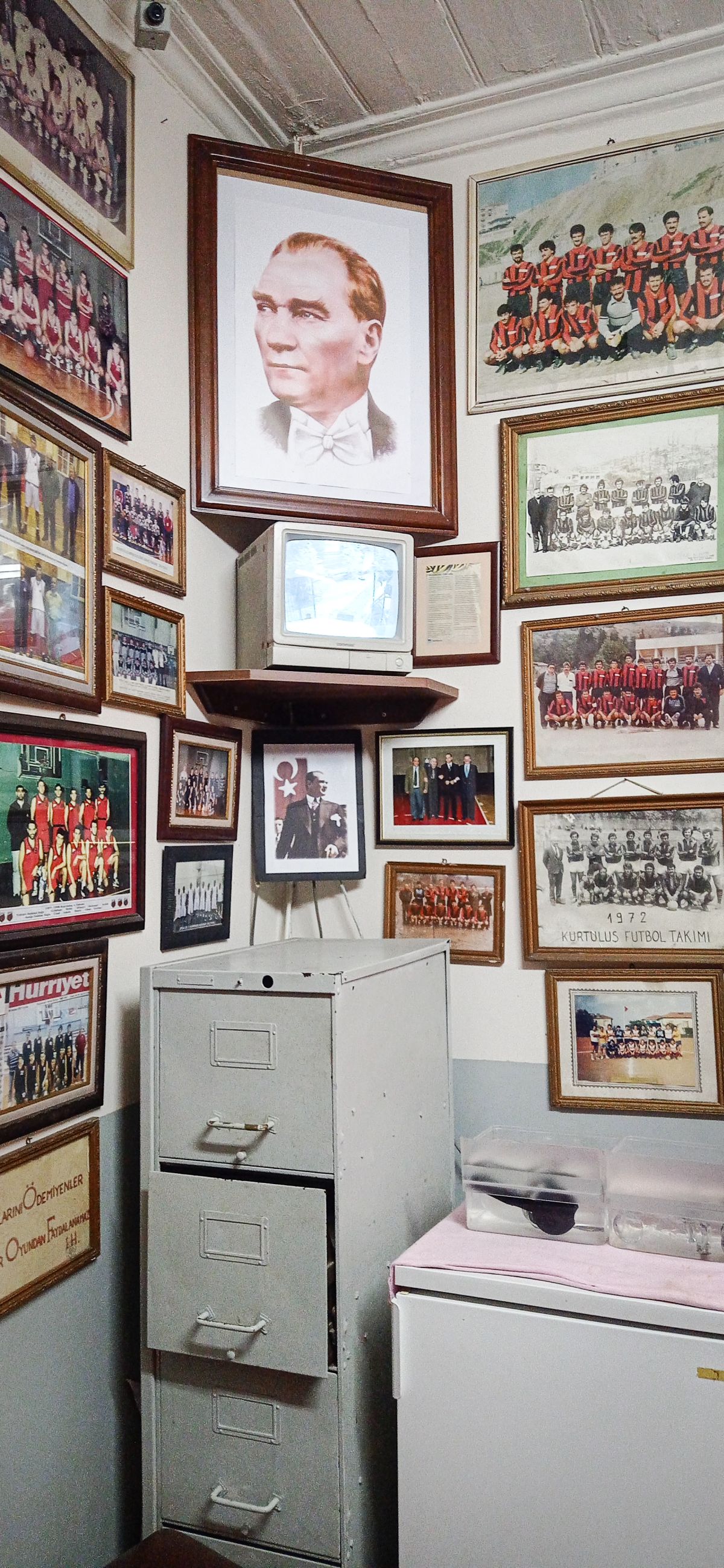
It was only after the reign of Sultan Abdulhamid ended in 1908 that the Muslim and Turkish elite started to be interested in the game. As modernists tried to purge the Empire of its 'backwardness', they believed that football could be used to stimulate Turkish nationalism and be beneficial to the 'nation'.
"Domination of our ancient race"
By this time, Greek sports clubs dominated football. Pera Club controlled the scene between 1918-1922, securing the championship in 1922. Alongside the emergence of sports associations and the development of social and national identities, international games and competitions gained prominence, whereby nations could show their 'physical superiority over other ethnicities.'
Illustrative was the 3rd Pan-Constantinopolitan Games, organized in 1920 by several Greek Sports clubs in Arnavutköy, in order "for the demonstration of Greek Sports, as for the moral exaltation and domination of our ancient race against the foreign people who live in our city", and the 1st International Athletic Games of Constantinople held at the legendary Taksim stadium, in May 1922.
A large international community was present, with the Turkish Athletic Union, the Greek Athletic Union, the Armenian Union, the Jewish Union Makavi, the Russian Union, the YMCA, and the English Athletic Company, participating. Pera Club won the tournament.
One of its star players at the time and later founder of AEK Athens, Konstantinos Negrepontis, stated in an interview in 1930: "... You should know that then, we were not only fighting for the colors of our team but also for the prestige of our nation, our tribe. ... The idea that we represent our motherland made us invincible. I confess that Pera Clubs owes so much of its success to its training and discipline of its members but also mainly to the idea of the prestige of our race. We thought very well that if the team won, the defeat would reflect on all expatriates of the city, on all Greeks."
Law No. 2525
Nevertheless, the success of the Greek clubs in Constantinople would only be short-lived. The Asia Minor catastrophe in 1922 was a harsh blow to Hellenism, and in 1923, the Treaty of Lausanne established Modern Türkiye, initiating the final countdown of the Greek presence in Constantinople, with the 1923 Greek-Turkish population exchange, leading to the compulsory relocation of one and a half million people, and a large outflux of Greek athletes.
Furthermore, measures were rolled out in modern Türkiye, restricting and eliminating the community's rights. Law 2525, introduced in 1934, obliged Greeks to change their names to Turkish ones. Athletes and sports clubs that used their Greek names were forbidden to participate, resulting in Tatavla Club adjusting its name to Kurtuluş S.K. and Pera Club becoming Beyoğluspor. In addition, top players of Greek descent began to prefer other teams. Players like Karakasis, after changing his name to Karakas, transferred from Pera Club to Galatasaray. Lefter Küçükandonyadis, one of the best players in Türkiye in the 1950s and 1960s, opted for Fenerbahçe, although his brother played for Pera Club.
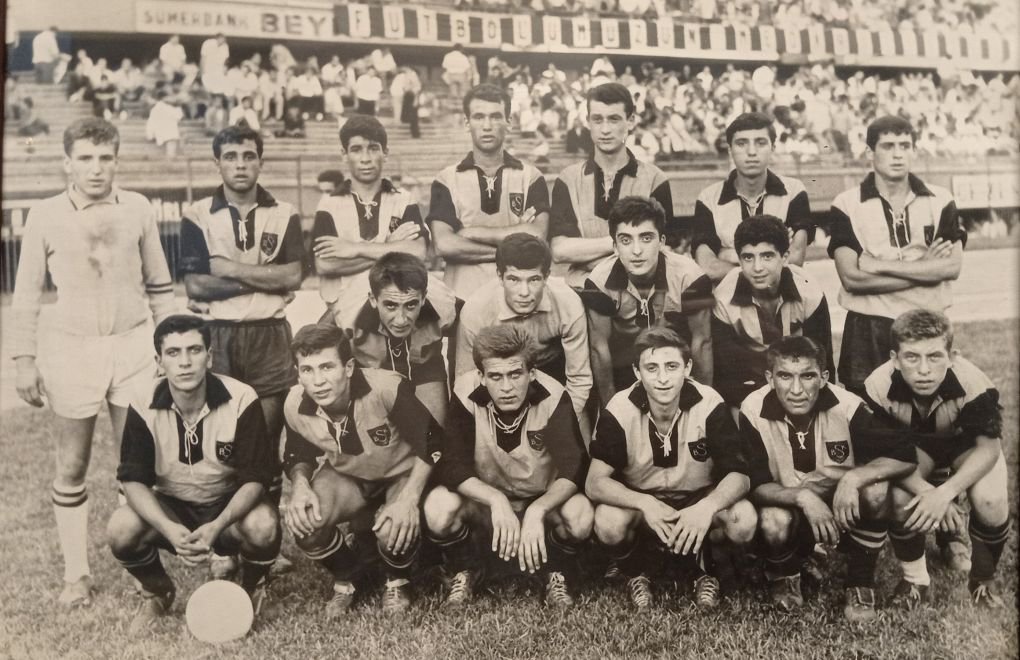 Beyoğluspor
Beyoğluspor
PAOK and AEK
Even though the two clubs of Greek origin continued their sports activities, their dominance slowly vanished. Beyoğluspor managed to reach the 5th in 1945 in the first football division, staying in the highest division up to 1962. The club remained highly successful in other sports, such as volleyball, where it is still the only team ever to win the championship in Türkiye for five consecutive seasons between 1949-1953, and its table tennis team is still a Süper Lig competitor. Similarly, Kurtuluş S.K., after having relatively successful years in the 1930s and 1940s, saw a rapid decline in its sports achievements. The club currently stays afloat on voluntary contributions.
However, while most Greek teams in Türkiye faded, their newly established equivalents in Modern Greece prospered. The expellees from Constantinople settled in the two main Greek cities, Thessaloniki and Athens. They opened new sports clubs, with the most successful ones being PAOK Saloniki standing for Pan-Thessaloniki Athletic Club of Constantinopolitans, and AEK Athens, meaning Athletic Union of Constantinople.
These Greek Super League giants haven't forgotten their roots. Besides their heritage remaining embedded in their names and emblems, whenever they have to play in İstanbul, they still visit their respective clubs of origin, Kurtuluş S.K. and Beyoğluspor. (WM/VK)





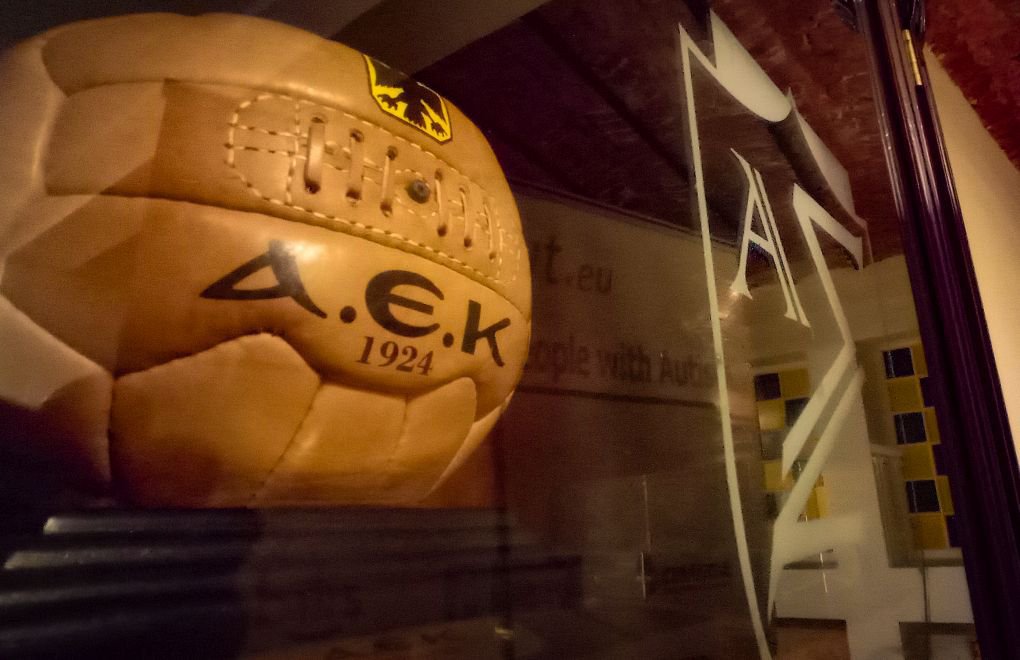
.jpg)
.jpg)
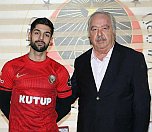
.jpg)
.jpg)
.jpg)
.jpg)
.jpg)